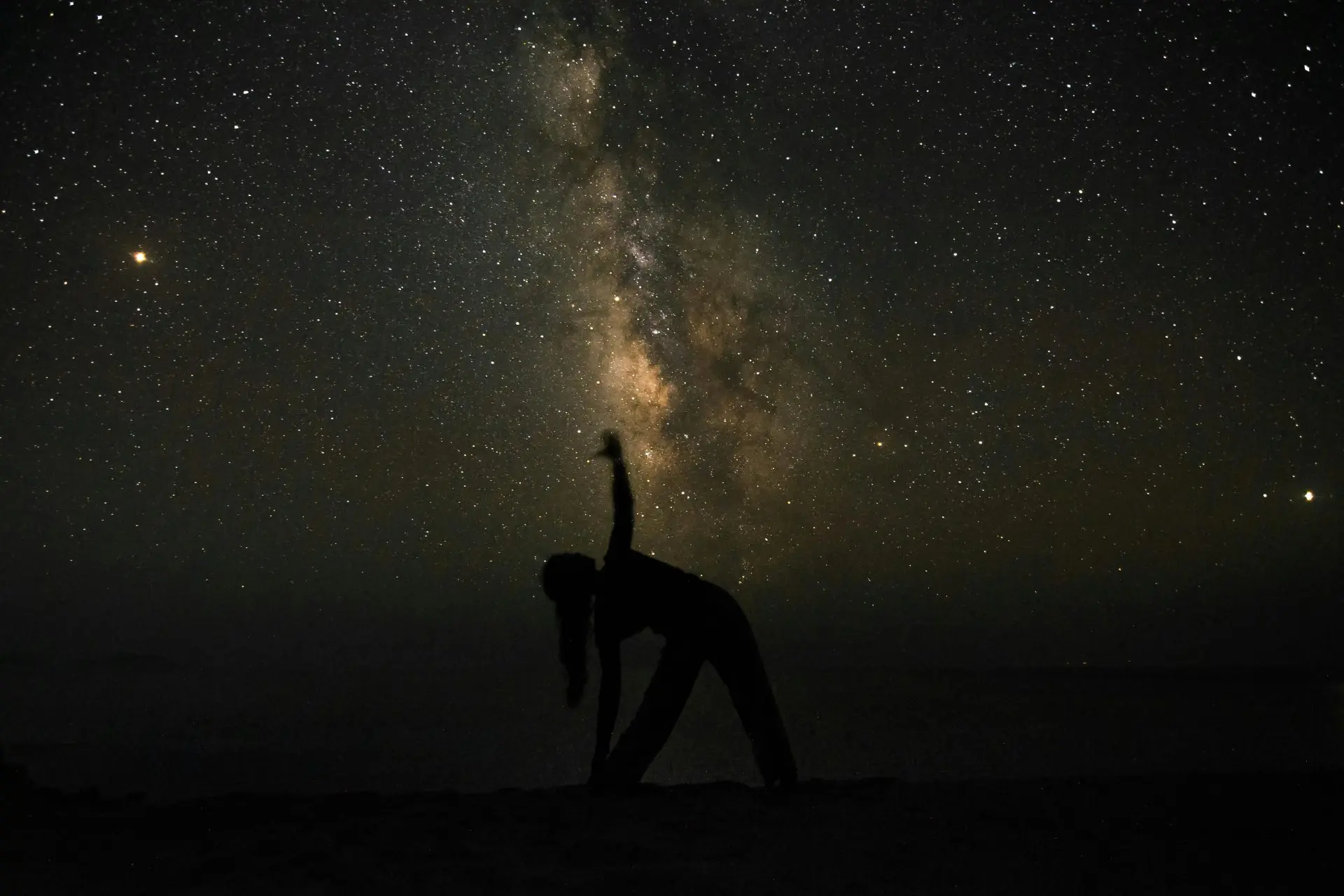Afterlife in Traditional Chinese Culture: Diyu Realm

Looking for more amazing products? Check out our online store and explore our collection here! Happy shopping!
Before diving in, please note: This post is for informational purposes only. If you’d like to know more about how we approach topics, feel free to check out our friendly Disclaimer Page.
Hey there, amazing readers! 
We’re committed to delivering quality posts, and your support (even just sticking around despite the ads) means everything to us. So, bear with us, and thanks for helping us keep the good vibes rolling. Now, on to the fun stuff!
TRANSLATE BUTTON AT THE END OF THE ARTICLE
Introduction to Afterlife in Traditional Chinese Culture
In traditional Chinese culture, beliefs about the afterlife are deeply rooted in ancient mythology and religious practices.
The concept of the afterlife, specifically the Diyu Realm, plays a significant role in shaping Chinese views on death and the journey of the soul beyond this earthly existence.
Understanding the complexities of the Diyu Realm is essential to grasp the cultural significance it holds in Chinese society.
Beliefs about the Diyu Realm in Chinese Religion
The Diyu Realm, also known as the Chinese Hell, is a realm where souls are sent for judgment after death based on their actions in life.
According to Chinese religious beliefs, the soul of the deceased will undergo a series of trials and tribulations in the Diyu Realm to atone for their sins and seek redemption.
The concept of karma is central to the belief system surrounding the Diyu, as it dictates the fate of the soul in the afterlife.
Understanding the Concept of Diyu in Chinese Mythology
In Chinese mythology, the Diyu Realm is depicted as a vast underworld divided into different levels of hell, each governed by a specific deity.
Souls are judged by Yanluo Wang, the King of Hell, who presides over the entire realm and determines the appropriate punishment or reward for each soul based on their deeds in life.
The belief in the Diyu Realm serves as a moral compass, guiding individuals towards virtuous behavior to ensure a favorable outcome in the afterlife.
The Role of Yanluo Wang in the Diyu Realm
Yanluo Wang, also known as the Lord of Hell, is a prominent figure in Chinese mythology responsible for overseeing the judgment of souls in the Diyu Realm.
He is depicted as a fearsome deity with the power to inflict punishment on sinners and grant rewards to the virtuous.
Yanluo Wang’s role in the afterlife reinforces the importance of ethical conduct and upholding moral values in Chinese society.
Punishments and Rewards in the Chinese Afterlife
In the Diyu Realm, souls are subjected to various punishments and rewards based on their actions in life.
Sinners may face torments such as burning in fire, drowning in boiling cauldrons, or enduring endless cycles of suffering.
On the other hand, virtuous souls may be rewarded with a peaceful existence or even the opportunity for rebirth in a higher realm.
These punishments and rewards serve as a form of spiritual justice, balancing the scales of karma in the afterlife.
Different Levels of Hell in the Diyu Realm
The Diyu Realm is believed to consist of multiple levels of hell, each dedicated to punishing specific types of sins.
From minor transgressions to heinous crimes, each level of hell is designed to match the severity of the offense committed by the soul.
The structure of the Diyu Realm reflects the Chinese belief in a structured system of justice that ensures accountability for one’s actions beyond the earthly realm.
Rituals and Practices to Aid the Deceased in Diyu
In Chinese culture, rituals and practices are performed to aid the deceased in their journey through the Diyu Realm.
Offerings of food, incense, and money are made to appease the spirits and ensure a smooth passage for the soul to reach the afterlife.
Prayers and ceremonies conducted by family members and religious figures are believed to provide guidance and support to the deceased as they navigate the challenges of the underworld.
Influence of Confucianism and Taoism on Diyu Beliefs
Confucianism and Taoism have had a significant influence on the beliefs surrounding the Diyu Realm in Chinese culture.
Confucian teachings emphasize the importance of filial piety and moral righteousness, guiding individuals to lead a virtuous life to secure a favorable afterlife.
Taoist principles of balance and harmony also play a role in shaping beliefs about the afterlife, emphasizing the need for spiritual alignment to navigate the complexities of the Diyu Realm.
Comparisons with Western Views on the Afterlife
While Western views on the afterlife often revolve around concepts of heaven and hell, the Chinese belief in the Diyu Realm offers a unique perspective on the journey of the soul beyond death.
The emphasis on karma, moral judgment, and reincarnation sets Chinese beliefs apart from traditional Western notions of the afterlife.
The Diyu Realm serves as a symbolic representation of the consequences of one’s actions in life, highlighting the interconnectedness of the spiritual and physical realms.
Contemporary Perspectives on Diyu in Chinese Society
In modern China, beliefs in the Diyu Realm continue to hold significance in shaping attitudes towards death and the afterlife.
While urbanization and modernization have led to a decline in traditional religious practices, the cultural influence of the Diyu remains strong in Chinese society.
Individuals may still observe rituals and ceremonies to honor their ancestors and ensure their well-being in the afterlife, reflecting a blend of ancient traditions and contemporary beliefs.
How the Diyu Realm Shapes Chinese Funerary Practices
The belief in the Diyu Realm has a profound impact on Chinese funerary practices, influencing the way in which death is commemorated and souls are guided to the afterlife.
Funeral rites often include offerings of paper money, incense, and food to assist the deceased on their journey through the underworld.
Ancestor worship plays a central role in Chinese culture, with families honoring their departed loved ones to ensure their spirits are at peace in the afterlife.
Future of Diyu Beliefs in Modern China
As China continues to undergo rapid social and cultural changes, the future of Diyu beliefs in modern society remains uncertain.
While traditional customs and rituals may evolve over time, the underlying beliefs in the afterlife and spiritual justice are likely to endure.
The Diyu Realm will continue to serve as a cultural touchstone, connecting past traditions with contemporary values and guiding individuals towards a deeper understanding of life, death, and the eternal journey of the soul.
Conclusion
In conclusion, the Diyu Realm represents a fundamental aspect of traditional Chinese culture, shaping beliefs about the afterlife and moral responsibility.
Through the lens of mythology and religious practices, the concept of the Diyu offers insight into the complexities of spiritual judgment and karma in Chinese society.
As beliefs in the afterlife continue to evolve in modern China, the enduring legacy of the Diyu Realm serves as a reminder of the interconnectedness between the physical and spiritual realms, guiding individuals towards a deeper understanding of life’s journey beyond death.

The Enlightenment Journey is a remarkable collection of writings authored by a distinguished group of experts in the fields of spirituality, new age, and esoteric knowledge.
This anthology features a diverse assembly of well-experienced authors who bring their profound insights and credible perspectives to the forefront.
Each contributor possesses a wealth of knowledge and wisdom, making them authorities in their respective domains.
Together, they offer readers a transformative journey into the realms of spiritual growth, self-discovery, and esoteric enlightenment.
The Enlightenment Journey is a testament to the collective expertise of these luminaries, providing readers with a rich tapestry of ideas and information to illuminate their spiritual path.
Our Diverse Expertise
While our primary focus is on spirituality and esotericism, we are equally passionate about exploring a wide range of other topics and niches 

To ensure we provide the most accurate and valuable insights, we collaborate with trusted experts in their respective domains 
Our blog originally focused on spirituality and metaphysics, but we’ve since expanded to cover a wide range of niches. Don’t worry—we continue to publish a lot of articles on spirituality! Frequently visit our blog to explore our diverse content and stay tuned for more insightful reads.
Hey there, amazing reader! 
Check out our store here and take a peek at some of our featured products below! Thanks for being awesome!










